Interesting that I have to live with my skeleton.
It stands, prepared to emerge, and I carry it
with me—this other thing I will become at death,
and yet it keeps me erect and limber in my walk,
my rival.
What will the living see of me
if they should open my grave but my bones
that will stare at them through hollow sockets
and bared teeth.
I write this to warn my friends
not to be shocked at my changed attitude
toward them, but to be aware
that I have it in me to be someone
other than I am, and I write to ask forgiveness
that death is not wholesome for friendships,
that bones do not talk, have no quarrel with me,
do not even know I exist.
A machine called skeleton will take my place
in the minds of others when I am dead
among the living, and that machine
will make it obvious that I have died
to be identified by bones
that have no speech, no thought, no mind
to speak of having let themselves be carried
once around in me, as at my service
at the podium or as I lay beside my love
or when I held my child at birth
or embraced a friend or shook a critic's hand
or held a pen to sign a check or book
or wrote a farewell letter to a love
or held my penis at the bowl
or lay my hand upon my face at the mirror
and approved of it.
There is Ignatow, it will be said,
looking down inside the open grave.
I'll be somewhere in my poems, I think,
to be mistaken for my bones, but There's Ignatow
will be said. I say to those who persist,
just read what I have written.
I'll be there, held together by another kind
of structure, of thought and imagery,
mind and matter, love and longing, tensions
opposite, such as the skeleton requires
to stand upright, to move with speed,
to sit with confidence, my friend the skeleton
and I its friend, shielding it from harm.
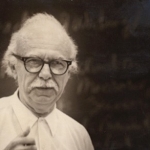




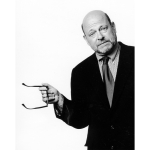


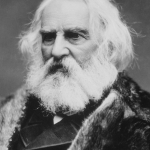


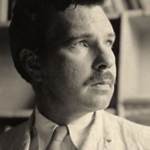


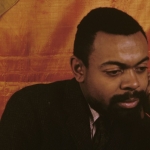
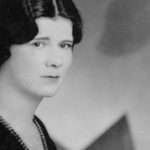
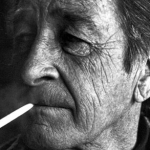
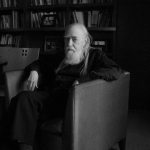


Comment form: